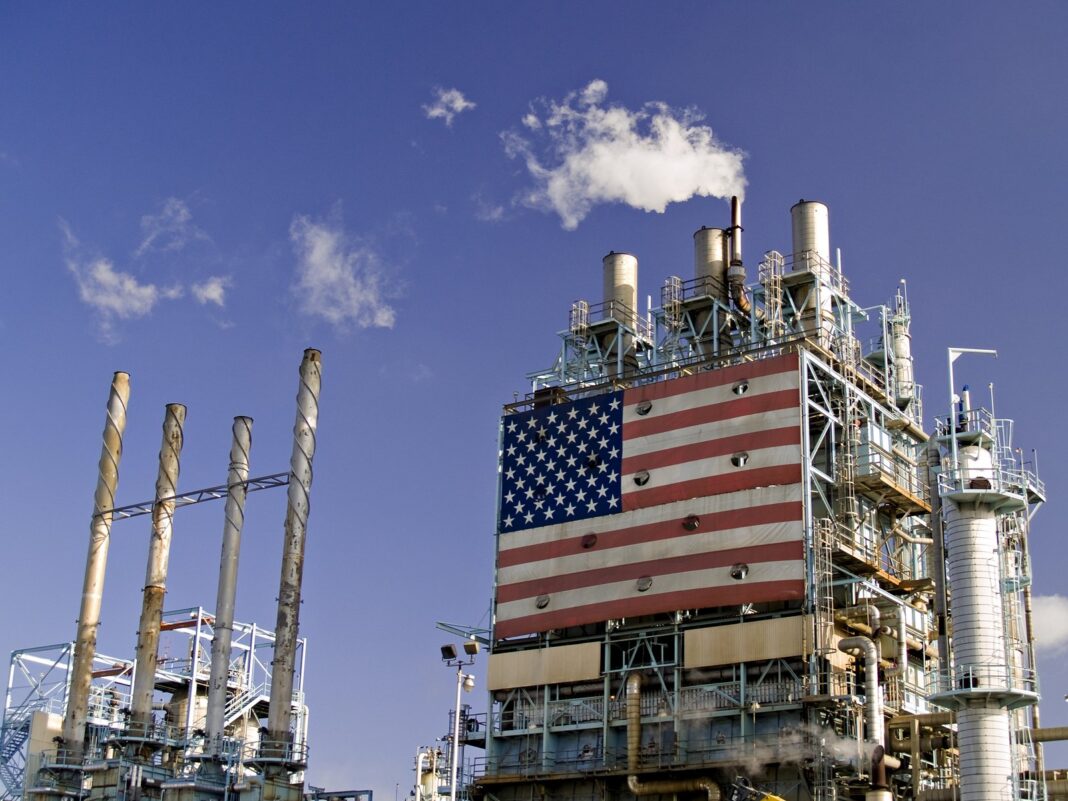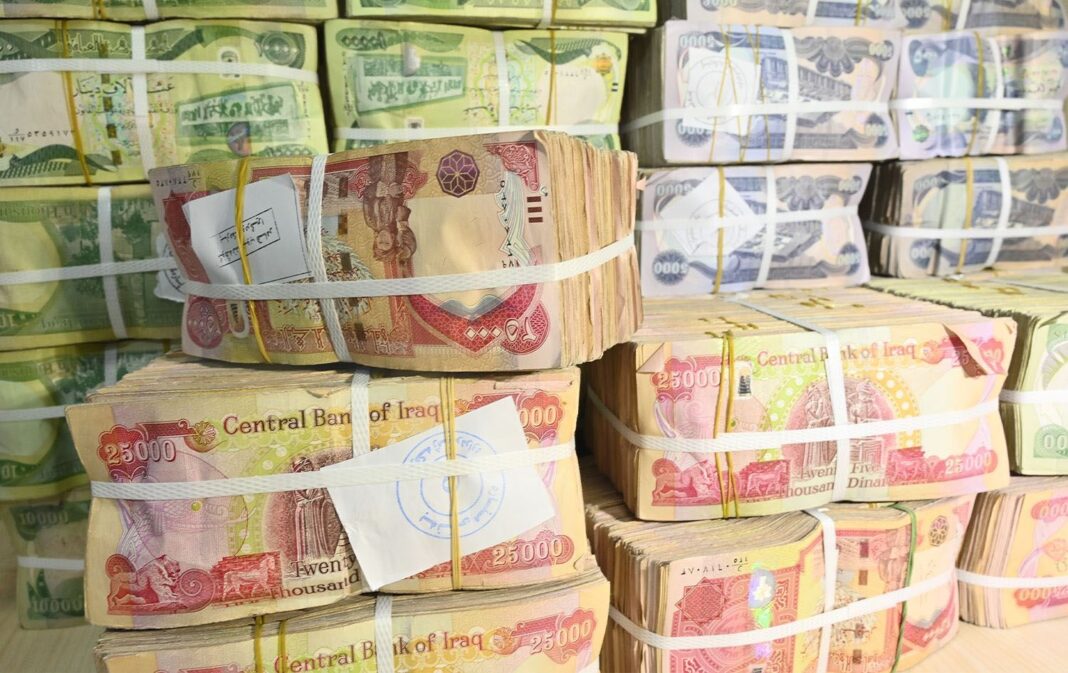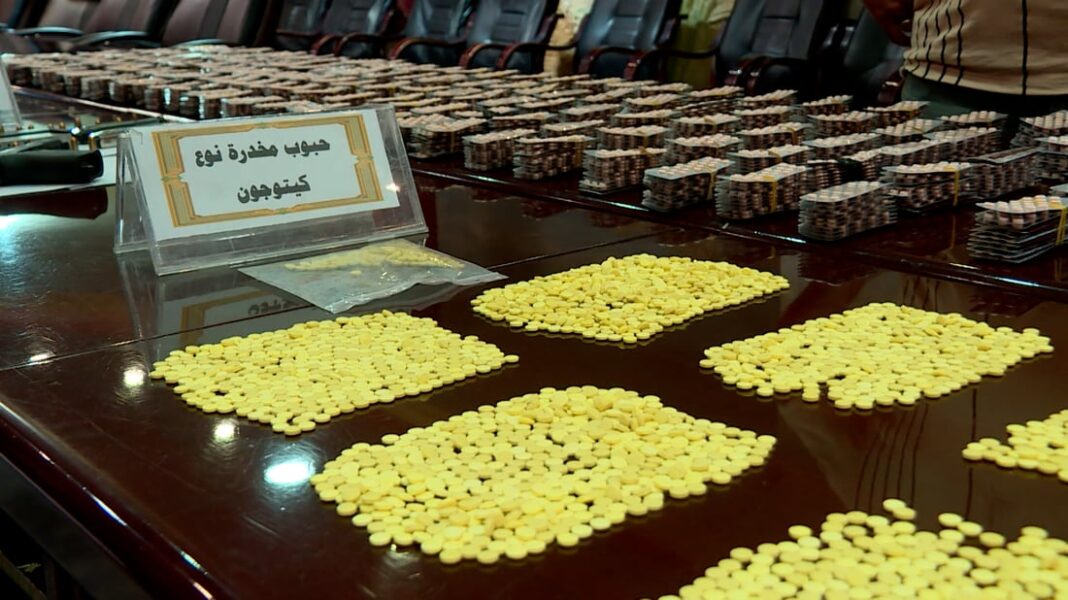The Iraq Investment Forum has sparked major interest from global corporations, particularly in the energy industry. The forum highlighted significant opportunities for Iraq’s oil and gas future. Notably, US firms investment in Iraq has emerged as a central development, shaping discussions on energy cooperation and regional influence.
Ali Razouqi, Deputy Director of the Prime Minister’s Office and chairman of the supervisory committee, confirmed this momentum. He explained that US corporations have expressed eagerness to expand into Iraq’s oil and gas sectors. Their representatives already visited Anbar province to explore new energy projects. Moreover, Razouqi revealed that activity in these fields is expected to grow in the coming months.
In addition, Razouqi noted that the National Investment Commission has already secured over $100 billion in local and foreign capital. He emphasized that this figure is likely to rise steadily, as the forum continues to attract multinational corporations from oil, industrial, and agricultural industries.
Furthermore, Iraq’s booming oil production has raised global interest. With 145 billion barrels in proven reserves, Iraq holds the world’s fifth-largest supply. This capacity equals around a century of production at current output levels. Consequently, US firms investment in Iraq is seen as both profitable and strategic.
At the same time, Washington aims to counterbalance China’s growing influence in Iraq’s energy sector. Reports indicate that the US administration is working closely with Iraqi Prime Minister Mohammed Shia Al-Sudani to rebuild energy infrastructure. Forbes reported that this shift reflects a broader strategy to deepen cooperation.
Meanwhile, US Assistant Secretary of State for Energy Resources, Geoffrey Pyatt, stressed the importance of Iraq’s open energy market. He argued that, unlike Chinese companies with different goals, US firms would invest in long-term capital recovery, infrastructure growth, and technology.
Therefore, US firms investment in Iraq not only benefits the country’s economy but also strengthens international partnerships. With expanded oil and gas projects, Iraq could reinforce its role as OPEC’s second-largest producer while improving stability and sustainability.
Ultimately, this cooperation reflects a shared interest in energy security. It demonstrates how Iraq’s natural resources can attract investments, drive growth, and reshape regional dynamics.



